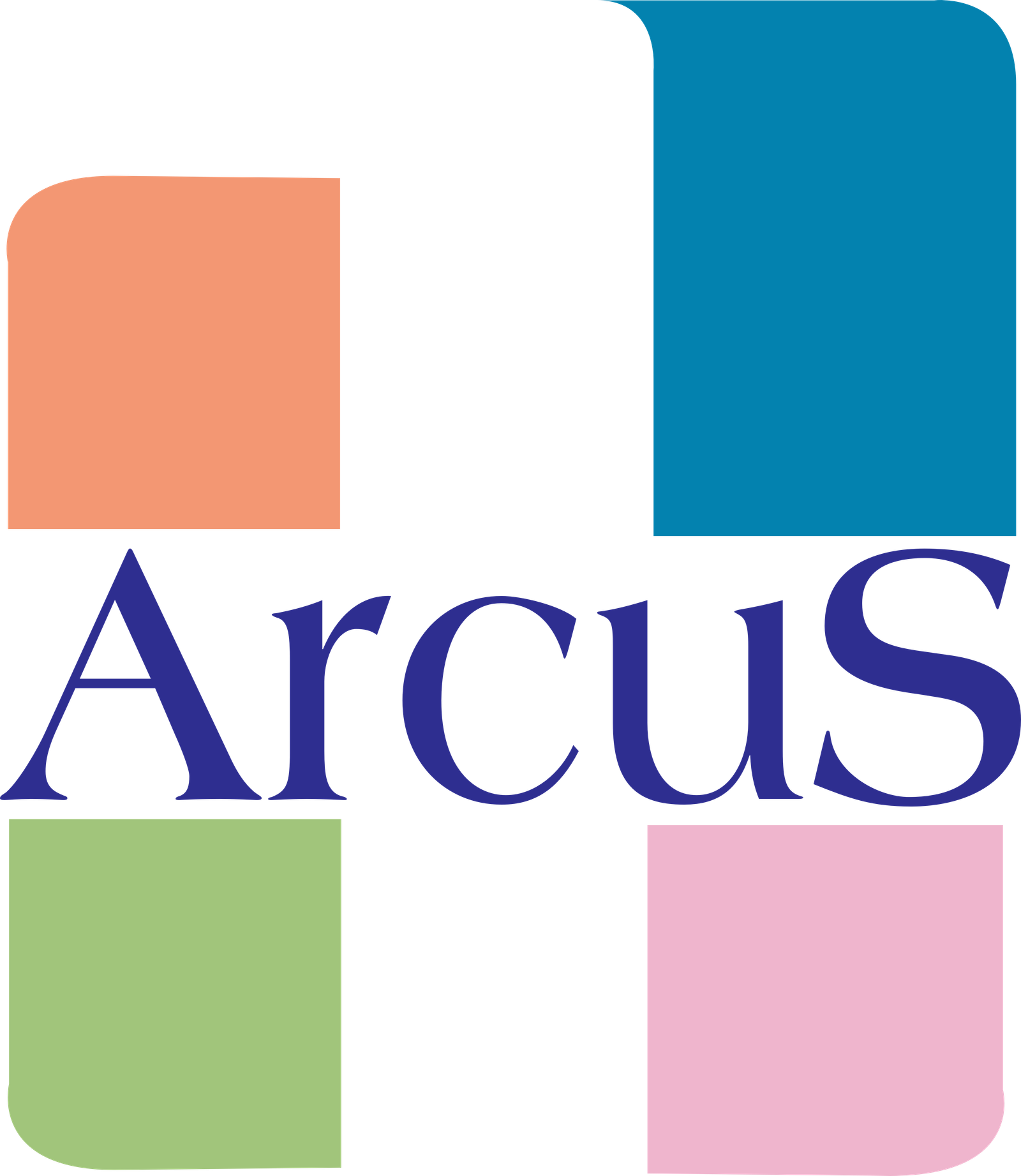Child Epilepsy & Brain Diseases

1. Behavioral Interventions
Parent Training and Education : Parents are often trained in behavioral techniques to help manage their child’s ADHD. This includes strategies for positive reinforcement, consistent discipline, and structured routines.
Behavioral Therapy : Behavioral therapy, particularly cognitive-behavioral therapy (CBT), is effective in helping individuals with ADHD develop skills to manage their symptoms. CBT focuses on changing negative thought patterns and developing coping strategies.
Social Skills Training : Social skills training helps individuals with ADHD improve their interactions with others by teaching them appropriate social behaviors and communication techniques.
2. Medication
Stimulant Medications : The most common medications for ADHD are stimulants, such as methylphenidate (e.g., Ritalin, Concerta) and amphetamines (e.g., Adderall, Vyvanse). These drugs increase levels of dopamine and norepinephrine in the brain, which helps improve attention and focus.
Non-Stimulant Medications : Non-stimulant medications, such as atomoxetine (Strattera), guanfacine (Intuniv), and clonidine (Kapvay), can also be used. These are typically considered when stimulants are not effective or cause significant side effects.
3. Educational Support
Individualized Education Programs (IEPs) and 504 Plans : Schools can provide accommodations through IEPs or 504 Plans to support students with ADHD. These accommodations might include extra time on tests, seating arrangements that minimize distractions, and tailored instruction methods.
Behavioral Interventions in School : Implementing behavioral strategies in the classroom, such as token economies or reward systems, can help manage ADHD symptoms during school hours.
